| I often find that some of the most exciting discoveries that we make, especially in the world of the internet, can be a totally wonderful accident, and that is certainly how I came across my most recent passion, the VlogBrothers. On the face of it the VlogBrothers are little more than a successful Youtube channel that have little to teach the Lifewide Education community, however, I think the VlogBrothers can provide us with some useful insights as to the nature of active onlie communities and how they form! | |
Their headline channel, the VlogBrothers started in 2007 and is based on the very simple premise of two brothers communicating to one another via the medium of video blogs about things they find interesting. Topics range from books they are reading to their most recent projects, to their views on current social and political issues as well as simply interesting questions that come to mind. In short, in the last 9 years almost every topic you can think of has been covered in some way.
To date the channel has 2.8 million subscribers and 600 million views, these figures alone make for impressive reading, giving an insight into the power of the channel, and yet this is still not evidence of any kind of community, for instance there are channels dedicated to head massages that have similar counts. So what is it that makes this channel note worthy
as a vehicle for community?
This brings me to the crux of the point, ‘Nerdfighteria’. Nerdfighteria is the name given to the community that has sprung up around the VlogBrothers channel, the brothers describe it as “a community that sprung up around our videos that get together and fight against world suck”. The group have been responsible for arranging projects such as loaning over $4 million to entrepreneurs in devleopling countries, have raised over $4 million that have gone towards charities such as UNICEF, Autism speaks, Planned Parenthood, Water.org and many many more, as well as recently raising money for the refugee crisis in Syria.
However, the community element of Nerdfighteria goes further than simply raising money, and for me this is where the interest lies. The group has formal sub groups at a number of American universities, as well as incredibly active message boards and websites which are responsible for marshalling individuals and bringing them to action, be that researching a new fascinating tidbit of history, producing videos to participate in the conversation the brothers are having, or even getting involved with supporting AFC Wimbledon (a long, albeit quite interesting story that I won’t go into here).
In short, here is an online community responsible for raising millions of pounds for charity, becoming politically engaged, and actively participating in a wide ranging conversation. The group have been reported on by websites such as The Wall Street Journal, and have an active base estimated to be in the hundreds of thousands. So, how did all of this stem from two brothers making video blogs?
For me, there are two things consistent across all of their videos, firstly that while the topics are incredibly varied, they very often try to contain a message of sorts. The brothers are very good at taking stories from their everyday life and reflecting on it, analysing it, in a very relatable way. This gives their viewers the opportunity to learn from them by taking these lessons and applying them in their own lives. While the content of all our lives may not be the same, many of the lessons they tell transcend issues such as age, race and gender and focus on the shared, complex experience of living.
Secondly, the sheer unadulterated enthusiasm of the brothers is infectious. Through the success of VlogBrothers they have gone on to create additional educational channels looking at everything from ‘Big History’ to ‘Organic Chemistry’ with almost everything in between. They have a passion for learning, sharing their learning and engaging people, and this comes across quite clearly in all of their videos. It is clear that a cult of personality has sprung up around the brothers that in itself inspires a degree of devotion, and I am certain is responsible, at least to some extent, for helping to create such an active and engaged community.
The brothers themselves are keen to grow the community spirit, holding projects to engage and not simply inform people. For me this is an example of YouTube being used to encourage two way communication, not simply a top down information presentation service which is often the death of online communities!
You could argue, with merit, that the VlogBrothers inspired Nerdfighters are not the only online community out there, what are Tumblr and Reddit if not online communities? I feel what marks Nerdfighteria out as different is their devotion to courses outside of issues that are directly related to them. This is a case of a self organised group inspired to make real world changes led by two guys chatting on video blogs! To me that is remarkable, as anyone who has tried to keep an online community alive knows, maintaining wide scale engagement when there isn’t any obvious, direct personal benefit can be a challenge, and yet here it is being done and continuing to grow.
VlogBrothers are an important part of my lifewide learning. I have learned all sorts of things from them but they have given me three valuable lessons about inspiring people to form an active online community:
-Be passionate & committed to what you are doing
-Be relatable to other people
-Be willing to share what you know and accepting of what others are willing to share
If we meet these criteria then maybe, just maybe, we can help create an actively engaged online community!
Michael Tomlinson is a postgraduate medical student and a member of the Lifewide Education team
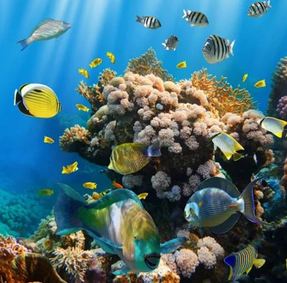
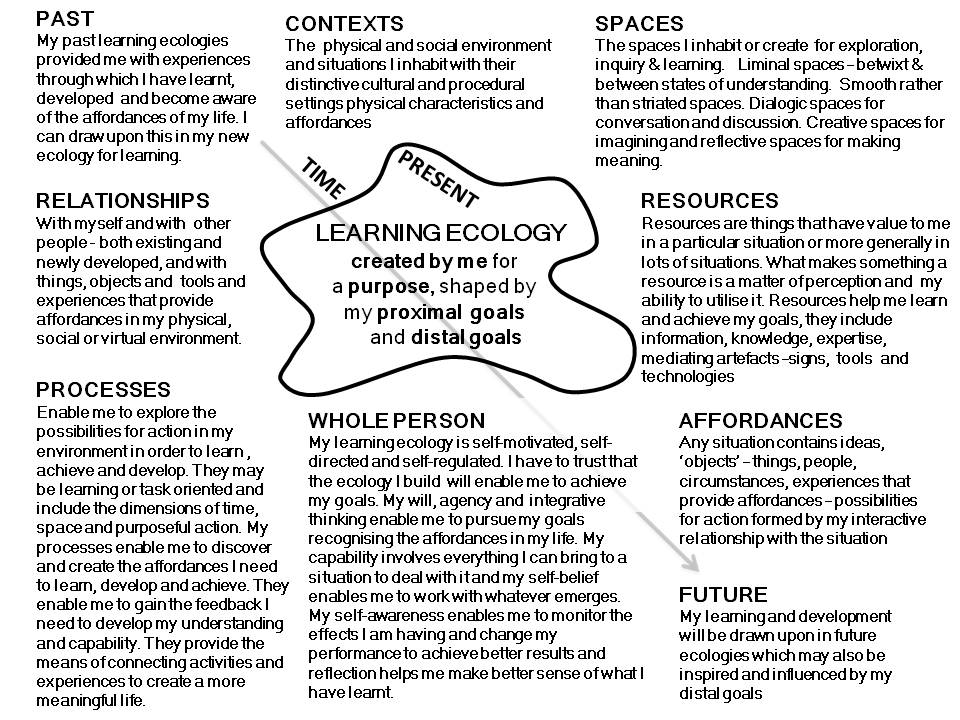
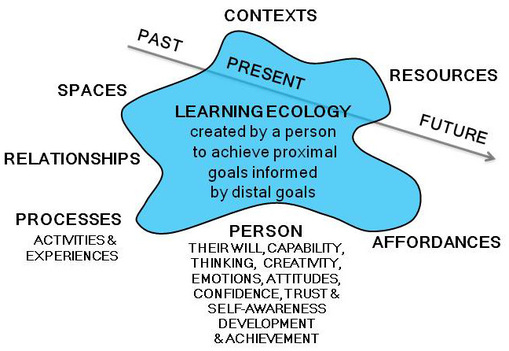
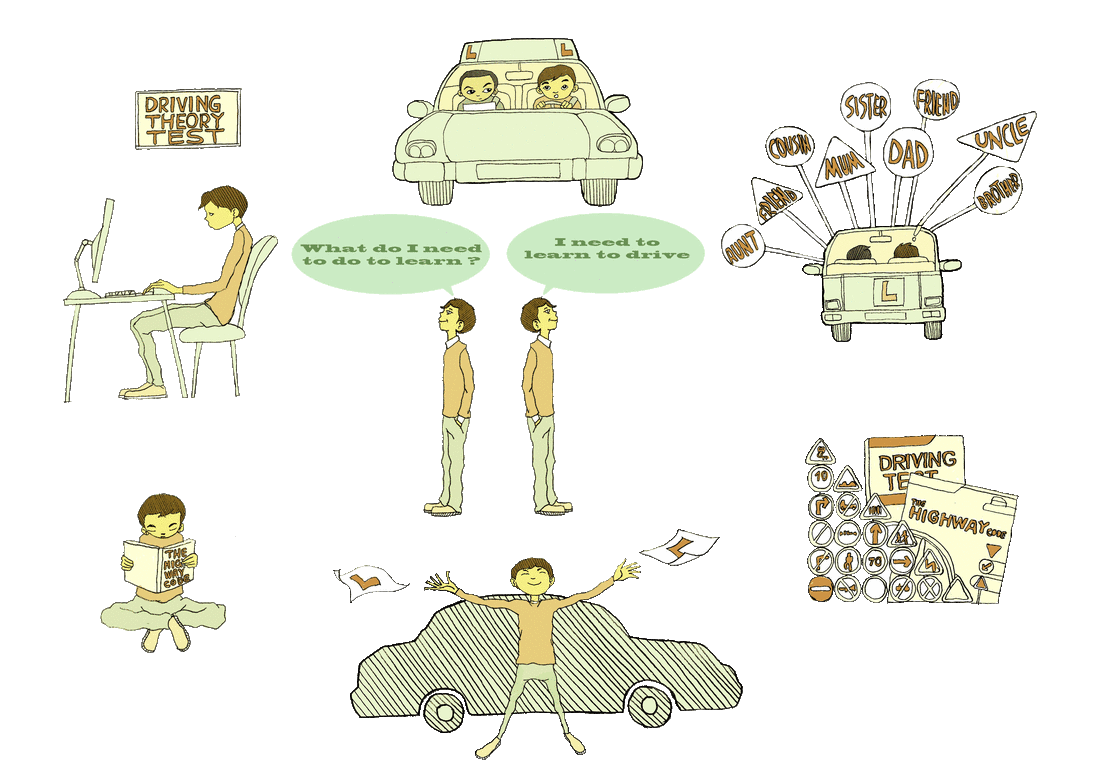
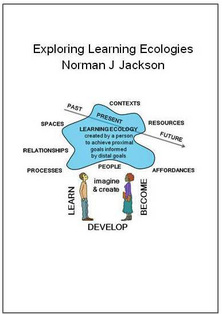
 RSS Feed
RSS Feed
